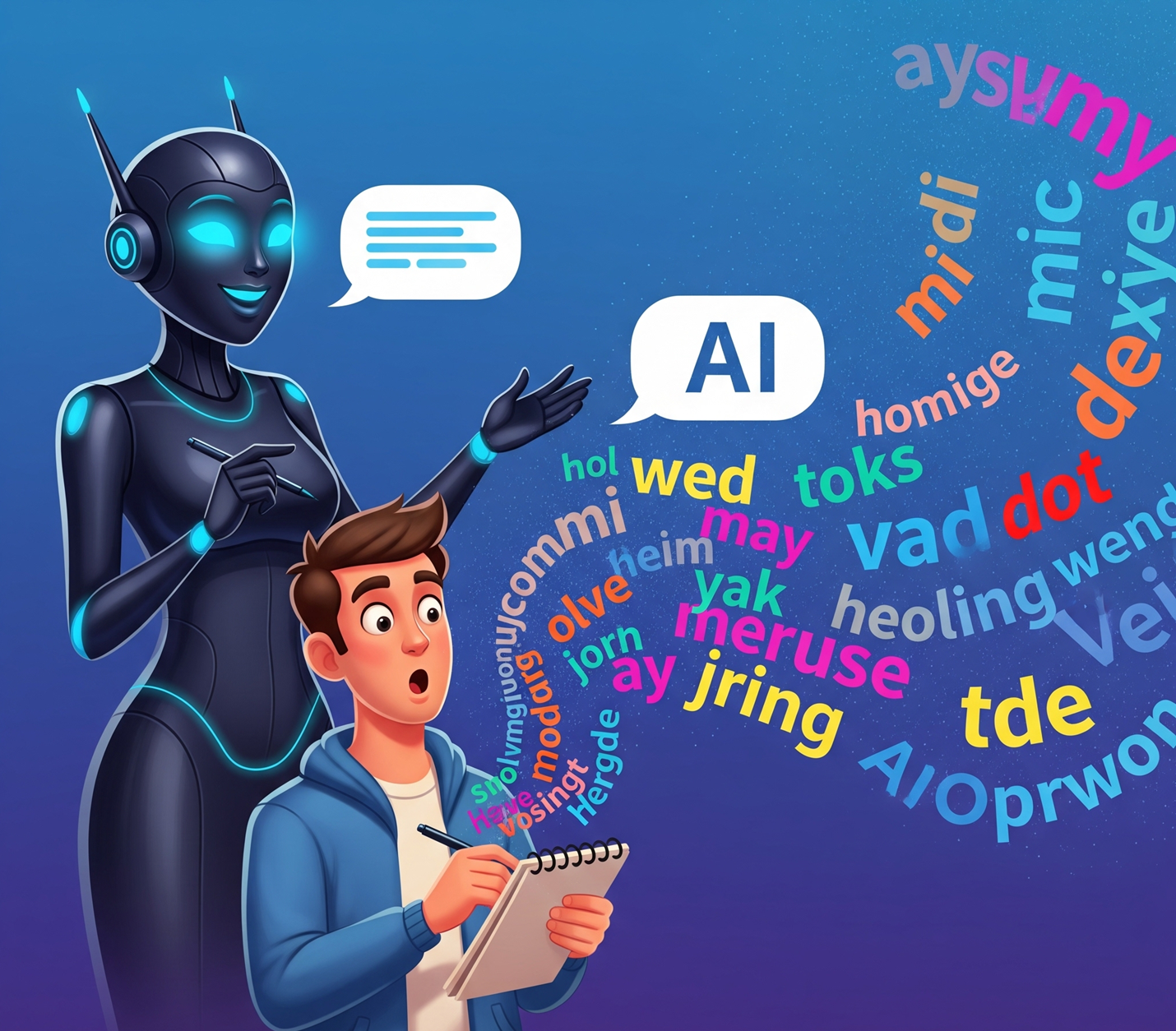Many inboxes are cluttered with emails, making it hard to find specific messages. To solve this, Google has upgraded Gmail with a new AI-powered smart search. This feature improves search speed and accuracy, helping users locate emails faster.
By using artificial intelligence, Gmail now delivers more relevant results based on user behavior. This update reflects Google’s commitment to enhancing productivity and simplifying everyday tasks with AI-driven technology.
Key Takeaways
- AI-powered Gmail search improves email retrieval by analyzing user behavior and context.
- It prioritizes relevant emails instead of just showing them chronologically, saving time.
- Users can toggle between “most relevant” and “most recent” search results for flexibility.
- Implementing AI-Enhanced Search allows Gmail to deliver a personalized search experience, adapting to each user’s unique habits and preferences.
What Is AI-Powered Search in Gmail?

The traditional method of searching emails relies on looking through a list of messages with the keywords entered. The new AI-powered search in Gmail changes this approach. It uses artificial intelligence to improve search accuracy and efficiency.
This smarter system goes beyond keywords. It looks at factors like recent interactions, communication frequency with contacts, and personal email habits. This shift means Gmail now understands user behavior and the context around emails, not just the words.
By adding AI to the search, Google is following a trend in the tech industry where artificial intelligence is used to personalize and improve user experiences in software.
How Does AI-Powered Search in Gmail Work?
The new AI-powered search in Gmail ranks results by considering several key factors.
Recency is one important factor. Recent emails appear higher in the search results, helping users find the latest information quickly. This reflects the time-sensitive nature of emails.
The system also looks at the most-clicked emails—messages a user frequently opens or interacts with. These emails are ranked higher, showing the AI learns from the user’s actions and creates a more personalized search experience.
Additionally, emails from frequently contacted recipients are given more weight. This makes it easier to find important conversations with key contacts.
The AI goes further by analyzing the context of search queries and past interactions. This helps deliver results that match the user’s intent, not just the keywords. The result is a smarter sorting system that prioritizes relevant emails based on the user’s past behavior and relationships.
Key Features and How They Benefit You
The AI-enhanced search in Gmail offers several key features to improve email retrieval. The system ranks search results based on email recency, how often a user clicks on specific emails, and the frequency of communication with certain contacts. This ensures the most relevant emails appear at the top.
A key benefit of this update is user control. Users can toggle between “most relevant” and “most recent” results. The “most relevant” option uses AI to prioritize results based on the factors mentioned earlier. The “most recent” option allows users to return to the traditional chronological view, offering flexibility based on search needs.
This dual approach caters to different situations, balancing the power of AI with the familiarity of a traditional method. It encourages user adoption by offering a fallback for when the chronological order is preferred.
To compare:
| Feature | Traditional Gmail Search | AI-Powered Gmail Search |
|---|---|---|
| Search Method | Chronological list based on keywords | Prioritizes results based on recency, clicks, frequent contacts, and context |
| Relevance | Solely based on keyword matches | Considers user behavior, interaction patterns, and contextual understanding |
| User Control | Primarily through keyword refinement and filters | Includes a toggle between “most relevant” and “most recent” options |
This refined sorting approach aims to surface the most pertinent emails based on what users need most.
Putting It to Use: Real-World Examples

The benefits of AI-enhanced search in Gmail become clear in practical scenarios.
Imagine searching for “chicken” in your inbox. With traditional search, you’d likely see a mix of promotional emails, newsletters, and order confirmations. But with AI-powered search, it might prioritize an email from Chewy, your pet food provider, if you frequently interact with those emails. This helps you quickly find the cat food delivery date.
Another example: searching for “project update.” The AI would likely place your manager’s most recent email at the top, as you often communicate with them.
Similarly, if multiple emails mention a “team offsite,” the AI could prioritize the one containing final details or the one you’ve accessed most recently. It understands the likely importance of these emails.
While not explicitly an AI feature, combining recency with date-specific search terms can improve results when looking for emails within a particular timeframe.
Finally, searching for “reunion” could prioritize emails related to an actual event you’re interested in, rather than generic promotional content.
These examples show how AI goes beyond simple keyword matching and chronological order to deliver more relevant results, saving time and improving efficiency.
Global Rollout and What You Need to Know
The “most relevant” search results feature is now rolling out globally for users with personal Google accounts. This enhanced search is available on both the web version of Gmail and the official Gmail apps for Android and iOS.
Currently, the feature is not available for business users, but Google plans to expand it to these accounts in the future. Focusing on personal accounts first may allow Google to gather user feedback and refine the feature before introducing it to more complex business environments.
With wide availability across different platforms, users can enjoy the benefits of AI-powered search no matter how they access their Gmail.
Addressing Privacy Concerns
The integration of AI into Gmail search raises questions about privacy. The system learns from a user’s inbox to improve search results, which involves processing personal data. Google assures users that privacy remains a top priority and that these AI features are part of the “smart features” settings, giving users control over their use. Google emphasizes that its privacy protections, which allow users to control their data, remain unchanged with the introduction of AI features.
In Google Workspace, AI tools like Gemini keep user data within their organization and are not shared without permission. User content is also not used to train AI models outside their domain without explicit consent. While these privacy measures apply to Google Workspace, they are expected to apply to personal Gmail accounts too. However, some users may still be concerned about AI biases and losing control over search results.
Google’s transparency about data use and the available controls will be key to maintaining trust. The “smart features” settings also allow users to customize or opt out of certain AI features in Gmail.
The Future of Email Search
The launch of AI-powered search in Gmail is a major step forward in how we manage and search through emails. Instead of just using keywords, it understands user behavior and context, making it easier to find important emails faster. This feature can improve user experience and productivity by cutting down the time spent searching through a cluttered inbox. As artificial intelligence keeps improving, we can expect even smarter tools for managing emails. This change is part of a larger trend of using AI to make our digital lives easier, and its use in Gmail is a move toward a more efficient, user-friendly email experience.
Frequently Asked Questions (FAQs)
What is AI-powered search in Gmail?
AI-powered search in Gmail uses artificial intelligence to enhance email retrieval by analyzing user behavior and context.
How does Gmail’s AI search improve finding emails?
It prioritizes relevant emails based on recency, interaction frequency, and contact frequency.
Is AI-powered search available for Google Workspace users?
Currently, it’s available for personal Google accounts, with plans to expand to Google Workspace in the future.
What are the privacy implications of using AI in Gmail search?
Google assures users that privacy remains a priority, with core privacy protections unchanged.
How do I switch between “most relevant” and “most recent” search results?
Users can toggle between these options within the Gmail search interface.
Will AI search be available on the Gmail mobile app?
Yes, it’s available on both the web version and the mobile apps for Android and iOS.
Can I turn off AI-powered search features in Gmail?
Users have control over “smart features” settings, which include AI-powered functionalities.





